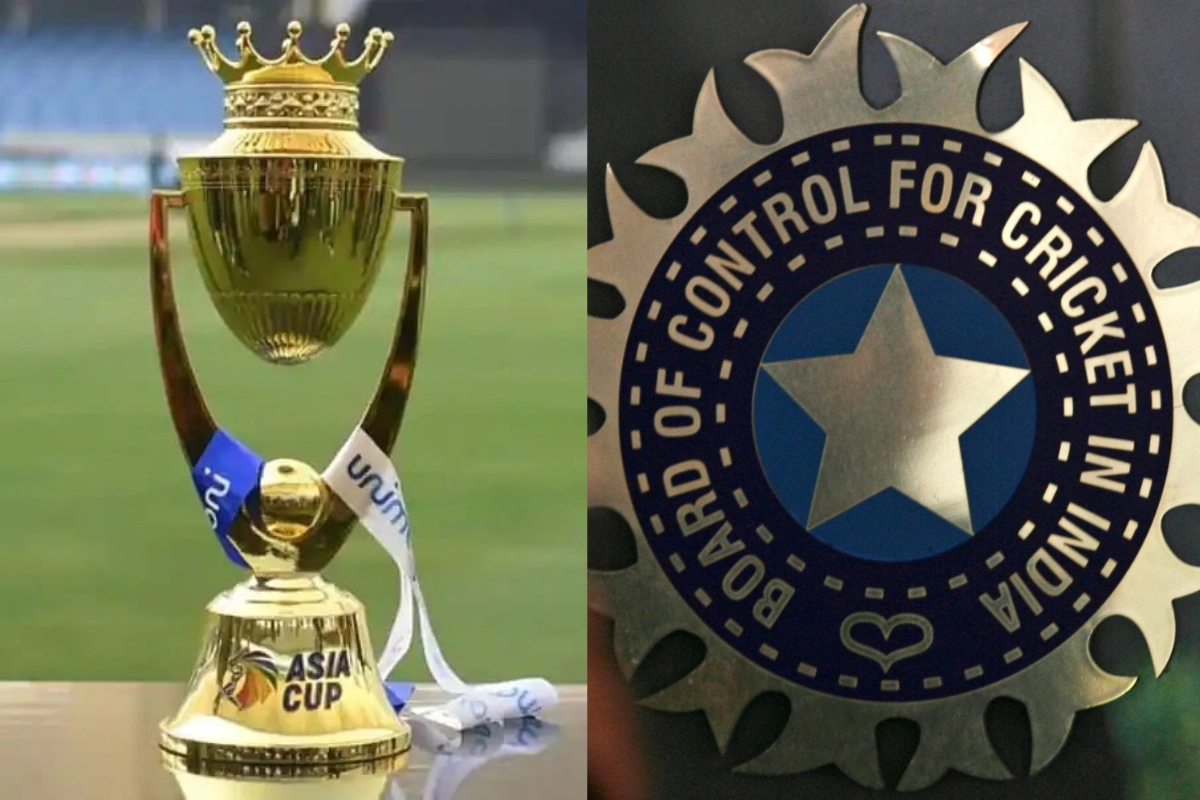Supreme Court: The Supreme Court ruled today that it has the authority to dissolve marriages under the grounds of “irretrievable breakdown of marriage” by using its authority granted by Article 142. It additionally ruled that, under some circumstances, the six-month waiting time that is required for divorces that are the result of mutual consent may be waived.
The bench has also specified how to strike a balance between the interests of the Couples
Justices Sanjay Kishan Kaul, Sanjiv Khanna, AS Oka, Vikram Nath, and JK Maheshwari made up a Constitution Bench. They said, ‘We have also laid down factors which can determine when there will be an irretrievable breakdown of marriage.’ The bench has also specified how to strike a balance between the interests of the couples, particularly with regard to child custody, alimony, and maintenance.
Supreme Court could use its extensive powers under Article 142
The original question put to the Constitution Bench was whether the Supreme Court could use its extensive powers under Article 142 to waive the mandatory waiting period for divorce by mutual consent set forth in Section 13B of the Hindu Marriage Act in order to dissolve broken-down marriages between consenting couples without referring them to family courts for drawn-out legal proceedings to obtain the decree of separation. The Constitution Bench did, however, decide to take into consideration whether marriages could be dissolved on the grounds of irretrievable breakdown during the hearing.
Must Read: CM Bhagwant Mann Announces Labor Day as Gazetted Holiday
Article 142 of the Constitution deals with the enforcement of its decisions and orders
In accordance with the top court’s directive to render “complete justice” in any case that is before it, Article 142 of the Constitution deals with the enforcement of its decisions and orders. Seven years ago, in response to a transfer petition, a Division Bench of Justices Shiva Kirti Singh and R Banumathi (both retired) referred the case to a five-judge bench. On September 29, 2022, the Constitution Bench heard the arguments but reserved judgement. ‘It is important to take the fundamental rights into account when interpreting Article 142. It should be against a non-derogable constitutional right. A court operating under the power has the authority to carry out all necessary justice,’ the bench declared.
Must Read: Vinesh Phogat compares WFI chief to ‘Ravana’ as wrestlers protest against sexual harassment
Keep watching our YouTube Channel ‘DNP INDIA’. Also, please subscribe and follow us on FACEBOOK, INSTAGRAM, and TWITTER












